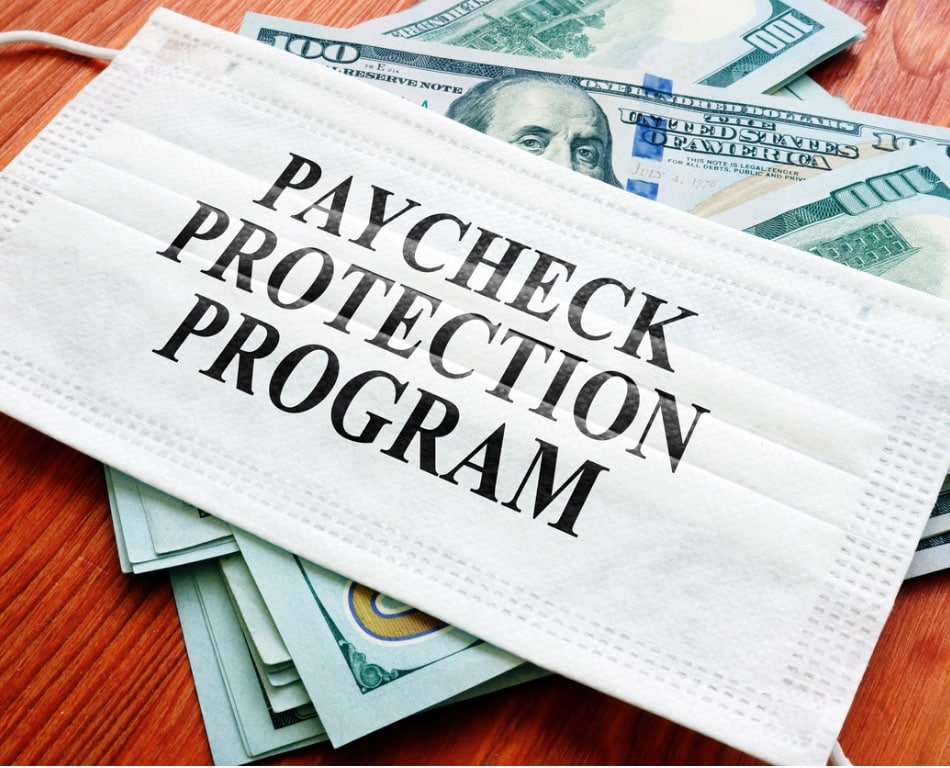The U.S. Department of Justice (DOJ) announced on March 13 that two nonprofits in Michigan — the Michigan Education Association (MEA) and the Michigan Education Special Services Association (MESSA) — will pay a combined $225,887 to settle allegations they obtained Paycheck Protection Program (PPP) loans for which “they knew or should have known they were ineligible.” The case settles a qui tam, or whistleblower, lawsuit, which was filed by the Mackinac Center for Public Policy.
The qui tam provisions of the False Claims Act enable private citizens to file lawsuits on behalf of the government if they know of an individual or company defrauding the government. Qui tam whistleblowers are eligible to receive between 15 and 30% of the government’s recovery, if one occurs.
The PPP was established with the passage of the Coronavirus Aid, Relief and Economic Security (CARES) Act to aid small businesses during the COVID-19 pandemic. “Under the rules applicable at the time of the loans covered by today’s settlement, certain nonprofit organizations were not eligible to receive a PPP loan,” the DOJ press release states.
According to the DOJ, “MEA, a 501(c)(5) nonprofit labor union organization, and MESSA, a 501(c)(9) voluntary employees’ beneficiary association, each applied for and obtained a PPP loan” in 2020. The U.S. government alleged that MEA and MESSA “knew or should have known they were ineligible to receive their PPP loans, and that they caused the Small Business Administration (SBA) to pay lender fees to the bank that processed the loans.”
As part of this settlement, “MEA will pay $115,265 and MESSA will pay $110,622 to the United States resolve these allegations.” The DOJ states that both organizations “repaid their loan proceeds in full in December 2020.”
It has not yet been determined what the whistleblower in the case, the Mackinac Center for Public Policy, will receive as its share of the settlement.
“The PPP was intended to provide critical economic relief to eligible small businesses and other entities,” said Principal Deputy Assistant Attorney General Brian M. Boynton, head of the Justice Department’s Civil Division in the press release. “This settlement reflects the department’s commitment to ensuring the integrity of the PPP loan process.”
The first settlement of a qui tam False Claims Act case related to a PPP loan occurred in September 2022. President Biden has expressed continued interest in pursuing COVID-19-related fraud, saying in his 2023 State of the Union address: “…as we emerge from this crisis stronger, I’m also doubling down on prosecuting criminals who stole relief money meant to keep workers and small businesses afloat during the pandemic.”
